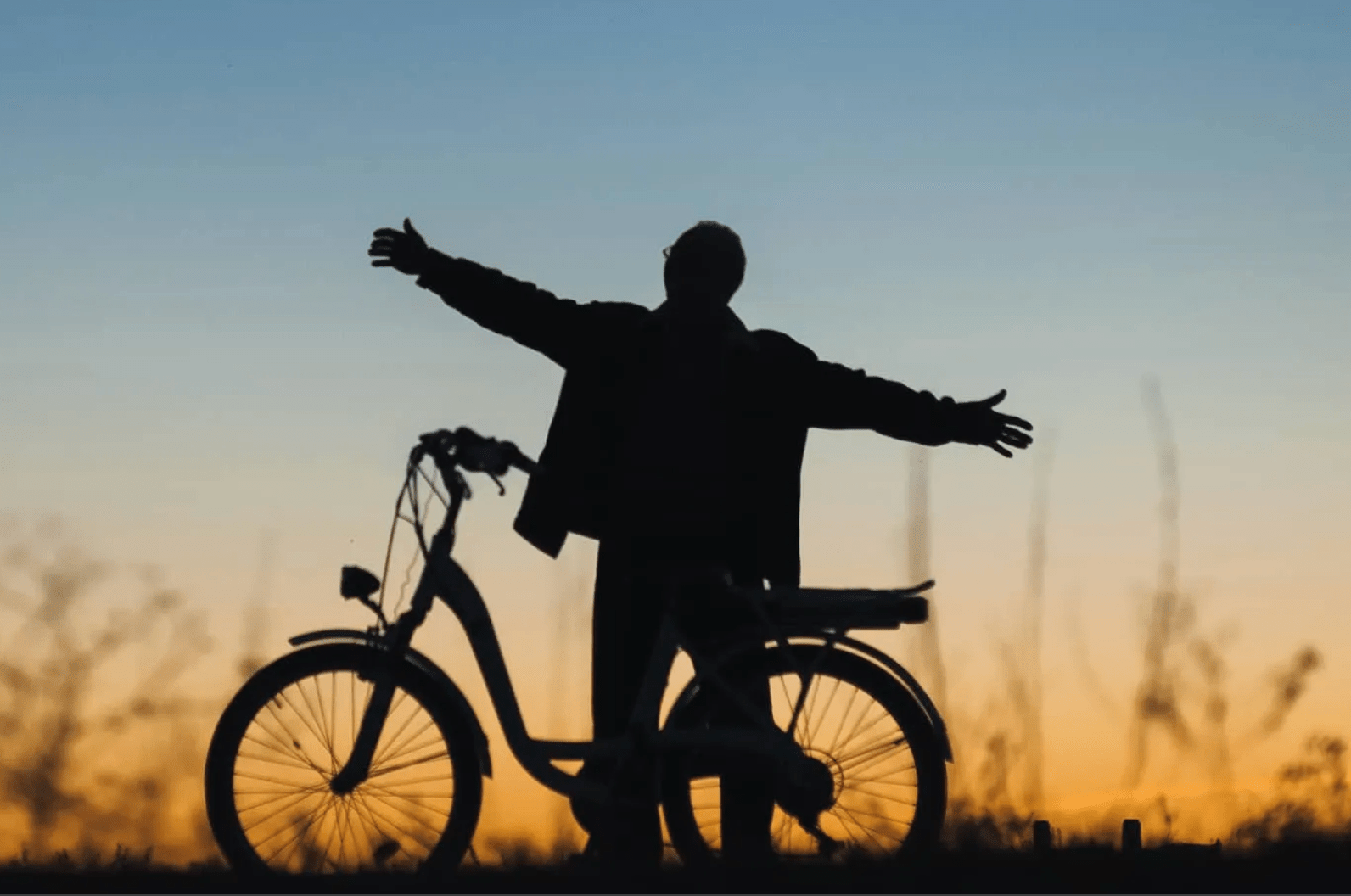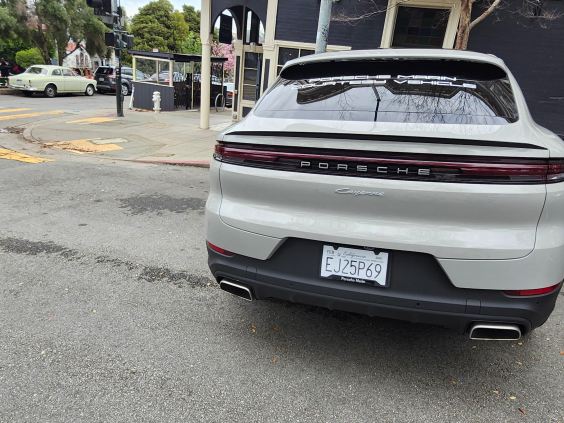(Update, 11/7: CARB requested some corrections to our timeline to when the authorization for the program came from the legislature and the amount that could be requested in the first window. After confirming the accuracy of their requests, the article was updated below.)
Despite demand for e-bike vouchers being so high that it crashed the website each time the state opened the lottery, the California Air Resources Board (CARB) voted at their last meeting to end the statewide program it oversaw, rolling the remaining $17 million of the original $30 million allocated by the legislature into its “Clean Cars 4 All” Program.
The concept of California E-Bike Incentive Project began had so much promise but was plagued with scandal and incompetence to such a level that one prospective applicant told Streetsblog last April, “If they were actively trying to sabotage the program, what would they do differently than this?”
Regardless of the intent, the effect is the same. The April application portal was the last time the program gave out certificates.
But perhaps the most surprising thing about it all is how quietly it slunk out the back door. There was no announcement, the official website for the program and the California Air Resources Board’s webpage make no mention the program has ended. There was no press release. The closest thing to an official announcement was CalBike’s condemnation of the program’s end.
“CARB’s decision to absorb the remaining funding from the E-Bike Incentive Project into Clean Cars 4 All is a telling political moment—one that mistakes 'cleaner cars' for genuine progress,” writes Andrew Wright, the communications director at CalBike.
“It’s easier to imagine replacing every gas car with an electric one than to imagine a California where people can move freely without cars at all. But the latter is what true climate leadership requires.”
How It Was Supposed to Work
Originally, advocates were excited about the program. It seemed every bicycle safety advocacy organization was applauding CARB and the legislature when the program was announced and funded.
After a couple of years of gathering online feedback, here's how the program was supposed to work:
- Vouchers, not rebates: Instead of reimbursing buyers after purchase, participants would receive a voucher code they could use directly at participating bike shops. That way, they wouldn’t have to pay the full cost upfront.
- Income-based eligibility: Applicants had to live in California and have household incomes at or below 300 percent of the federal poverty level. Priority was given to those at or below 225 percent or living in disadvantaged or low-income communities.
- Voucher amounts: The base voucher was $1,750 and could up to $2,000 for cargo or adaptive e-bikes.
- Eligible bikes: Only new Class 1, 2, or 3 e-bikes from approved retailers qualified—no DIY conversions or used bikes. Bikes had to meet safety and battery-certification standards.
- Participating retailers: Buyers had to choose from a list of approved, California-based shops that could assemble, warranty, and support the bikes.
- Goal: To reduce car dependency, cut emissions, and make sustainable transportation accessible to those who otherwise couldn’t afford an e-bike.
Promises and delays
The program was struggling from the beginning. It was first authorized by the legislature in 2021 and CARB put aside funds for the program later in the year. As early as February 2023, Streetsblog flagged that the program was still “a ways off.” At that time, although $10 million had been allocated and the contract for the program administrator had been awarded, there were still no application materials, and many key design decisions remained unresolved. By mid-2024, observers described the program as “still not off the ground.”
To make matters worse, Pedal Ahead, the contractor for the project, was under scrutiny for unethical business practices in San Diego.
Launch woes and soaring demand
When the program did open its more public launch window in December 2024, the mismatch between demand and capacity quickly became apparent. During that first window, CARB staff reported “something like 100,000 people trying to grab 1,500 vouchers.” While a lottery system was in place to attempt to assure fairness, the website was unable to handle the amount of applicants and people reported not even being able to fill out the lottery application.
In April 2025, the program’s second application window was supposed to open, but the website crashed and the voucher portal failed to distribute any vouchers. Applicants reported being locked out of the queue.
CARB subsequently postponed the opening to May 29, when the vouchers were distributed without a hitch. However, based on feedback advocates estimated that over 90% of those who were both eligible and hoping to get a voucher were turned away.
Clean Cars for All
The Clean Cars for All program is a California initiative that helps lower-income residents replace older, high-polluting vehicles with cleaner transportation options. Funded through the state’s Cap-and-Trade/Cap-and-Invest program and administered by regional air quality districts, it offers grants of up to $12,000 depending on household income, location, and the choice of replacement.
The good news is that despite the program's name it offers a variety of subsidies for people of lesser income looking to replace a high-pollution vehicle for something better. The list includes not just hybrid, electric and other zero emission automobiles, but also transit passes and, yes, e-bike vouchers.






